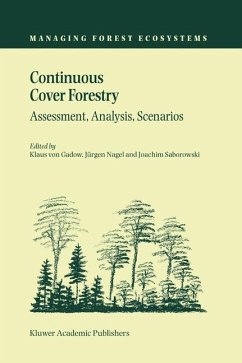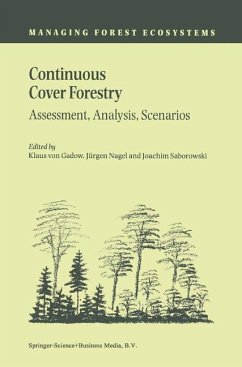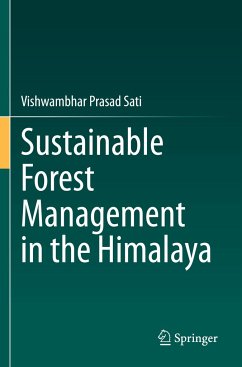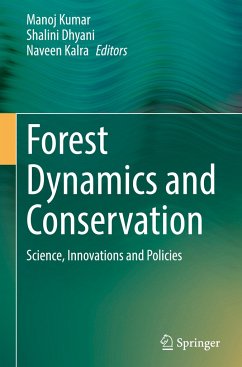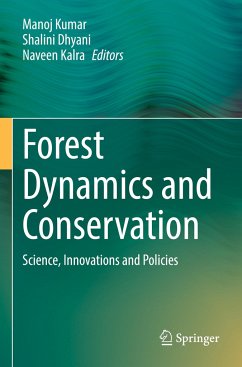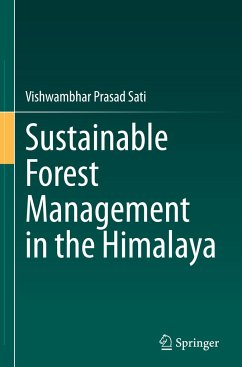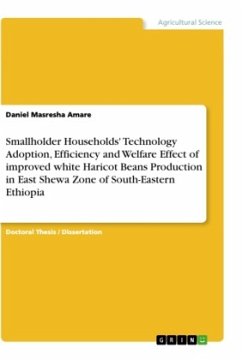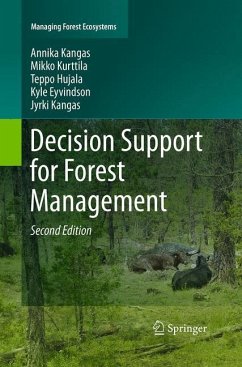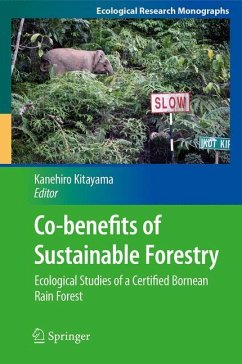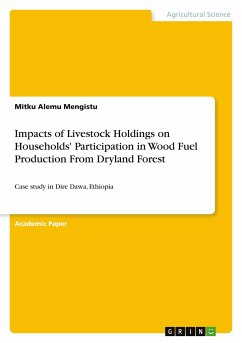
Impacts of Livestock Holdings on Households' Participation in Wood Fuel Production From Dryland Forest
Case study in Dire Dawa, Ethiopia
Versandkostenfrei!
Versandfertig in 1-2 Wochen
17,95 €
inkl. MwSt.

PAYBACK Punkte
0 °P sammeln!
Academic Paper from the year 2020 in the subject Forestry / Forestry Economics, grade: 3.93, , course: Forest Economics and Management, language: English, abstract: This study examines the influence of livestock holding on households' participation in wood fuel production from dryland forest. Survey data were collected from 320 households in Dire Dawa administration council of Oromia state, Ethiopia following a snowball sampling technique. Binary logit regression model and descriptive statistics were used to analyze the impacts of livestock holding on households' participation in fuelwood prod...
Academic Paper from the year 2020 in the subject Forestry / Forestry Economics, grade: 3.93, , course: Forest Economics and Management, language: English, abstract: This study examines the influence of livestock holding on households' participation in wood fuel production from dryland forest. Survey data were collected from 320 households in Dire Dawa administration council of Oromia state, Ethiopia following a snowball sampling technique. Binary logit regression model and descriptive statistics were used to analyze the impacts of livestock holding on households' participation in fuelwood production from dryland forest. The estimation of the model indicates that livestock and size of arable land holdings were significant factors in determining households' participation in wood fuel production. An increase of one unit in livestock holding leads to the probability of participation in wood fuel production of households decreased by 0.118 units while the land size has a negative impact on the participation of wood fuel production. When land size increased by 1 hectare the probability of participating in wood fuel production will be decreased by 0.9 units. The mean of wood fuel producers' livestock holding was about 5.84 TLU and 10.67 for non- wood fuel producer which indicates the negative correlation of livestock holding and wood fuel production. Thus the study concludes that households with large livestock less likely to participate in wood fuel extraction from dryland forest. Promoting sustainable livestock production with appropriate grazing plan can have a significant role in dryland forest conservation and sustainable forest management.



